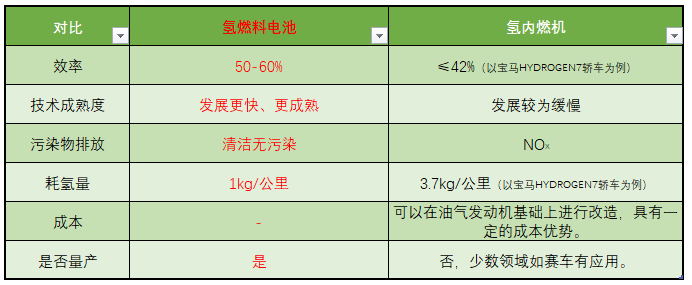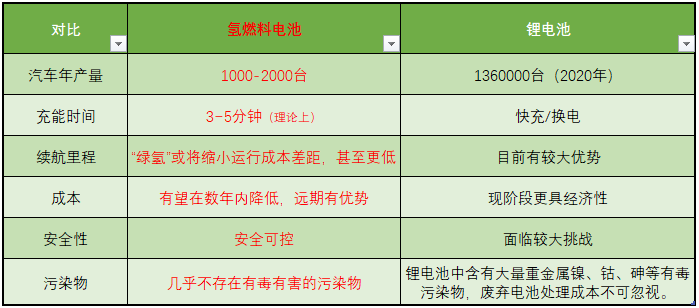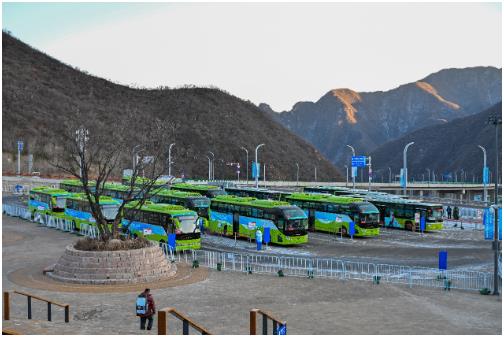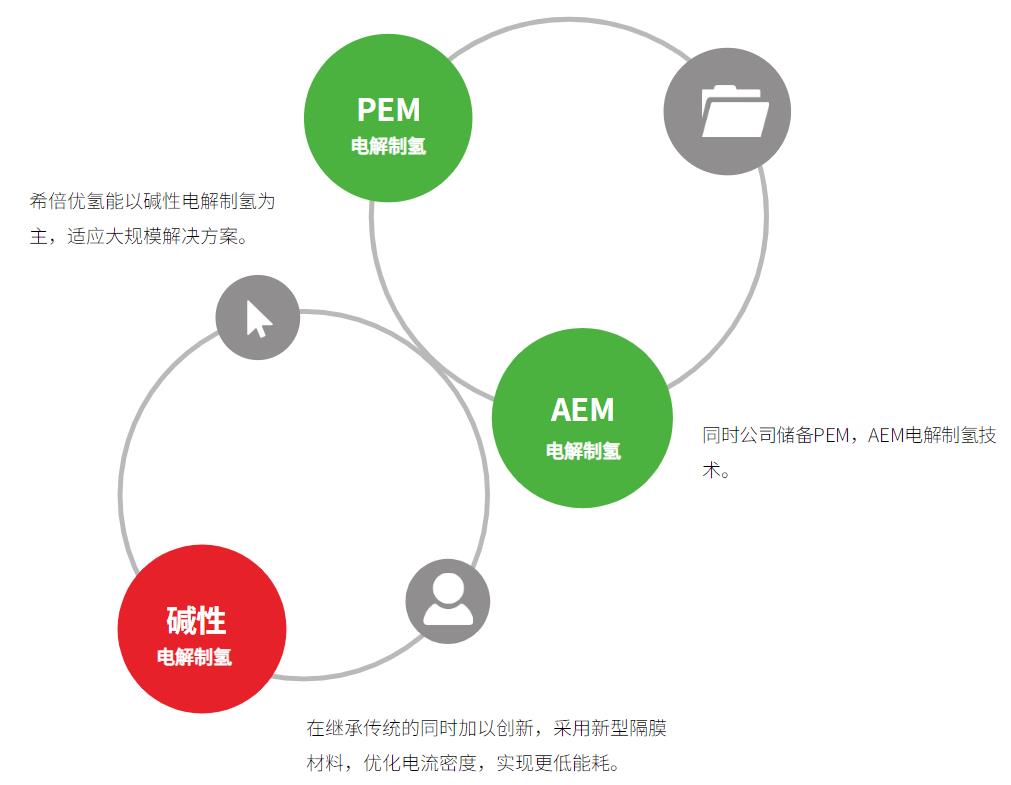Popular Science ① | How much do you know about fuel cells in the low-carbon era?
Time:2022/3/24 10:20:18 Tag:low carbon fuel cell
Low carbonization is an important upgrade direction for the automobile industry. Hydrogen vehicles have received widespread attention in the transportation field due to their low carbon and green features.

On February 10, the National Development and Reform Commission and the National Energy Administration issued the "Opinions on Improving the System, Mechanism and Policy Measures for Energy Green and Low-Carbon Transformation", and proposed:
Promote large-capacity electrified public transportation and clean energy vehicles such as electric, hydrogen energy, advanced bio-liquid fuel, and natural gas, improve the layout and service facilities of charging and replacement, hydrogenation, and gas filling (LNG) sites, and reduce the use of clean energy in the transportation sector. energy cost.
Under the guidance of the "dual carbon" goal, the development of hydrogen energy in the field of transportation is entering the fast lane.
Hydrogen fuel cells, do you really understand?
There are two main technical routes for hydrogen energy vehicles, namely hydrogen fuel cell technology and hydrogen internal combustion engine technology.
And most hydrogen vehicles use hydrogen fuel cells as power systems. Why? Comparing these two engines, it is found that hydrogen fuel cells are superior in terms of efficiency, energy consumption, gas emissions, and technology.

(Data source: "Hundred Questions on Hydrogen Energy" China Electric Power Press)
In the eyes of many people, electric vehicles using lithium batteries have gradually matured after years of development, while fuel cells are currently in the transition stage from research and development to large-scale application.

(Data source: "Hundred Questions on Hydrogen Energy" China Electric Power Press)
From a long-term technical point of view, hydrogen fuel cell vehicles have the advantages of shorter hydrogen charging time, longer cruising range and higher energy density than lithium batteries.
With the maturity of hydrogen energy and fuel cell technology, the increase in production scale, the decline in green hydrogen prices and the improvement of infrastructure, hydrogen fuel cell vehicles are expected to have overall competitiveness!
Winter Olympics lead, "hydrogen" cars hit the road
As a power generation system, fuel cells can be widely used in many fields. The main application scenarios include four categories: transportation, stationary power, backup power and small and convenient power.
Among them, transportation is the most important application field of fuel cells! Hydrogen energy vehicles are included in the "green practice" of this year's Beijing Winter Olympics.
Compared with lithium battery technology, what are the advantages and disadvantages of hydrogen fuel cells?

More than 1,000 hydrogen energy vehicles were unveiled at the 2022 Beijing Winter Olympics, and more than 30 hydrogen refueling stations have become the world's largest demonstration operation of fuel cell vehicles.
These hydrogen buses can reduce carbon dioxide emissions by about 57 kilograms for every 100 kilometers they travel.
In addition to buses and public transportation, fuel cells can also be used in various vehicles such as drones, ships, and bicycles. The advantages of zero carbon pollution, long battery life, low noise, and fast hydrogenation make fuel cells have good development prospects.
How to make H2 clean and economical?
The industrialization of fuel cells cannot bypass the fuel of TA - the question of "where does hydrogen come from"!
According to relevant statistics, my country's current main sources of hydrogen are coal, natural gas and other fossil energy hydrogen production and industrial by-product hydrogen, but these hydrogen production methods will be accompanied by different intensities of carbon emissions.
Using renewable energy to electrolyze water to produce hydrogen has the lowest carbon emissions and is close to zero.
At present, there are four main technical routes for hydrogen production from water electrolysis: alkaline water electrolysis, anion exchange membrane electrolysis water electrolysis (AEM), proton exchange membrane electrolysis water (PEM), and solid oxide electrolysis water.

Among them, alkaline electrolyzed water has more advantages in terms of economy, and currently has a dominant market share.
Xibeiu Hydrogen Energy is developed and produced based on the alkaline electrolysis water hydrogen production system. With the accumulation of the parent company in the new energy industry represented by offshore wind power, it can provide electrolysis water hydrogen production solutions for different renewable energy projects, which is both clean and efficient. economical.
At present, the alkaline water electrolysis hydrogen production system developed by Xibeyou Hydrogen Energy includes main equipment electrolyzer, post-processing system, control cabinet and auxiliary equipment power supply, pure water machine, cooling system, and purification device (optional). , production, installation and commissioning of the whole process service.
As the only zero-carbon physical energy that can be widely used, hydrogen energy is currently used in a small amount in the field of transportation. It is expected that more "hydrogen" vehicles will be on the road in the future and become the "new fashion" of low-carbon travel.